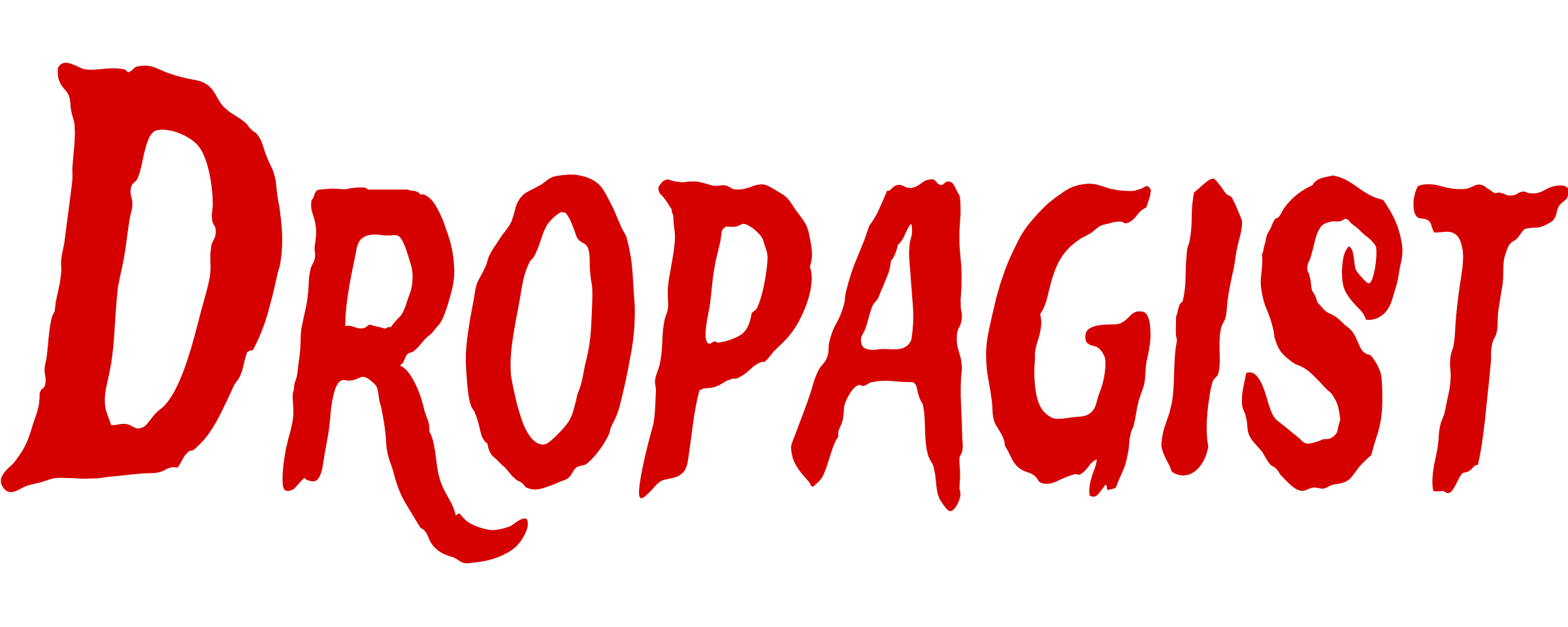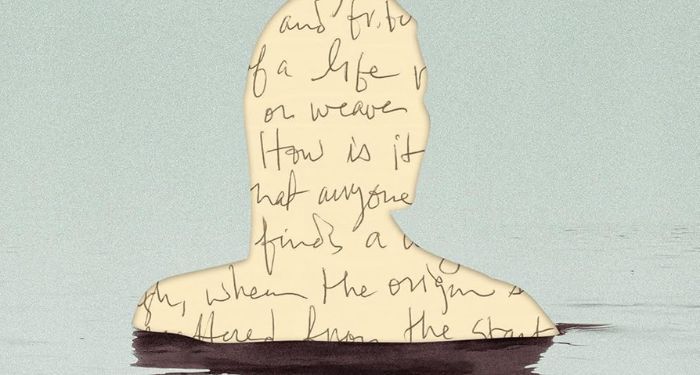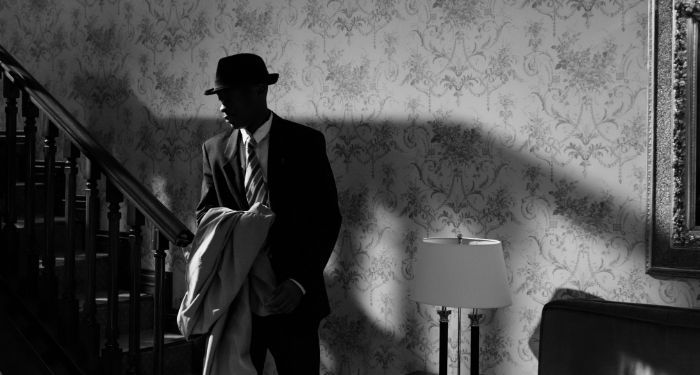This week began with news of two more books being banned statewide from all public schools in Utah. The week now continues with an update from South Carolina, where four books have been added to a state-sanctioned book ban list. Copies of the four books must be removed from every public school library statewide.
Due to Regulation 43-170 (R-43-170), decisions over content in school libraries is in the hands of the South Carolina Department of Education. Materials deemed to have “descriptions of sexual content” are deemed inappropriate for schools. What that phrase means is intentionally vague, allowing for the opinions of a small number of individuals within the state to decide on behalf of all students and parents statewide.
The South Carolina Department of Education, headed by Ellen Weaver–who used taxpayer money to hire a lawyer to lobby in support of this school book banning bill–has set up an Instructional Materials Review Committee (IMRC), where any parent in the state can submit complaints. This has allowed individuals to exert significant power in what’s available not only in their public schools but in schools statewide.
The IMRC reviews complaints and elects whether or not to advance the complaints to the Department of Education for a final decision. Decisions are made not on reading the entire book and assessing whether or not it rises to the definition of obscenity per the Miller Test. They’re made based on excerpts provided by the person bringing about the complaints.
On Election Day when people were otherwise occupied, the SC Department of Education banned seven books from every public school in the state. In the weeks following the ban of those books, listed below, further action was taken in deciding to not ban Crank by Ellen Hopkins but to restrict its access to parents who grant opt-in permission.
This week, the State Department of Education voted to ban four more books. They also decided to retain two books brought before them, Bronx Masquerade by Nikki Grimes and The House on Mango Street by Sandra Cisneros. Those two retained titles were part of a series of challenges by one parent in the Fort Mill School District; that parent unsuccessfully challenged a third title, too, an introduction to literature for 8th graders textbook.
All four of the books banned this week came from complaints by a parent in Beaufort County, where 97 books were pulled from shelves for review following a Moms For Liberty member’s initiated complaint. Those complaints to the district were made based on reviews from BookLooks, Moms For Liberty’s homegrown review site. The district elected to ban five books from the list of 97, none of which were the ones banned by the state this week.
Added to the banned books list this week are:
- The Perks of Being a Wallflower by Stephen Chbosky
- All Boys Aren’t Blue by George M. Johnson
- Flamer by Mike Curato
- Push by Sapphire
Those titles join the previously banned seven titles:
- Damsel by Elana K. Arnold
- Ugly Love by Colleen Hoover
- A Court of Frost and Starlight by Sarah J. Maas
- A Court of Mist and Fury by Sarah J. Maas
- A Court of Thorns and Roses by Sarah J. Maas
- A Court of Wings and Ruin by Sarah J. Maas
- Normal People by Sally Rooney
Several of the books on South Carolina’s statewide banned book list are also titles which appear on Utah’s state sponsored banned list. Every book banned this week in South Carolina is by or about people of color and/or LGBTQ+ people.
Complaints over each of the books, both banned and retained, are available the State Department of Education’s website. As of writing, the website has not been updated to reflect the latest decisions, but here is where final decisions and associated documents live and here is where pending decisions and associated documents live. Take the time to read them and understand these decisions are being made on conspiracy theories and cherry picked passages being distributed by Moms For Liberty and similar groups.
For all the arguments about “local control,” this is the precise opposite. The South Carolina Department of Education is the arbiter of what is and is not accessible to students in public institutions across the state, not those who live or work in those communities.
It’s a further reminder, too, that this isn’t, nor has it ever, been about the books. It’s about systematic erasure of queer people and people of color from public spaces. Buying the books does not help the problem. Showing up and lobbying for the end of practices like this is. Weaver certainly has and she’s done it on taxpayer dimes.




)



)
 English (US) ·
English (US) ·